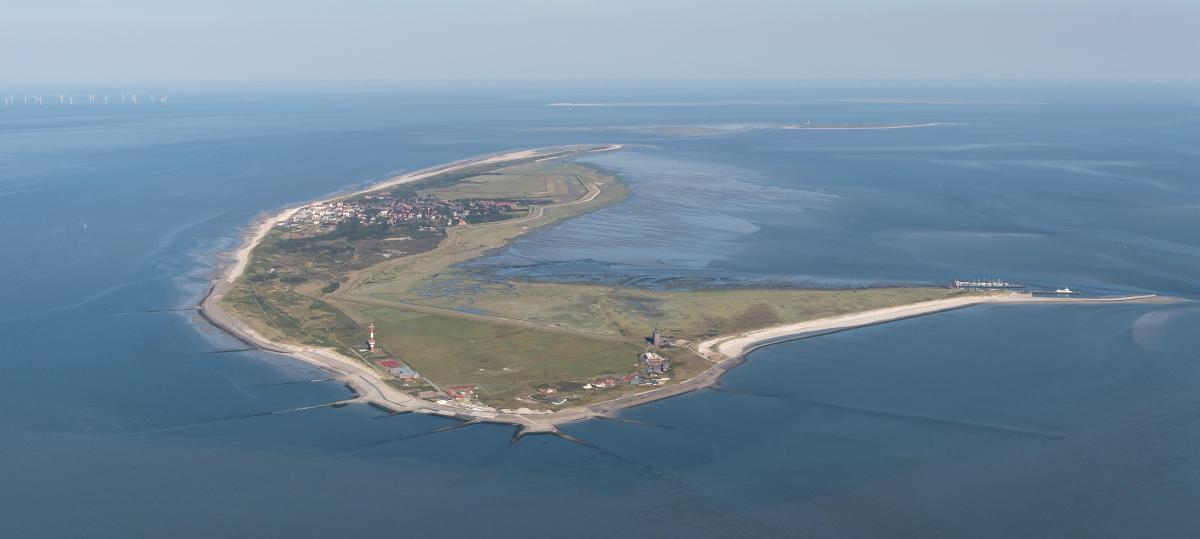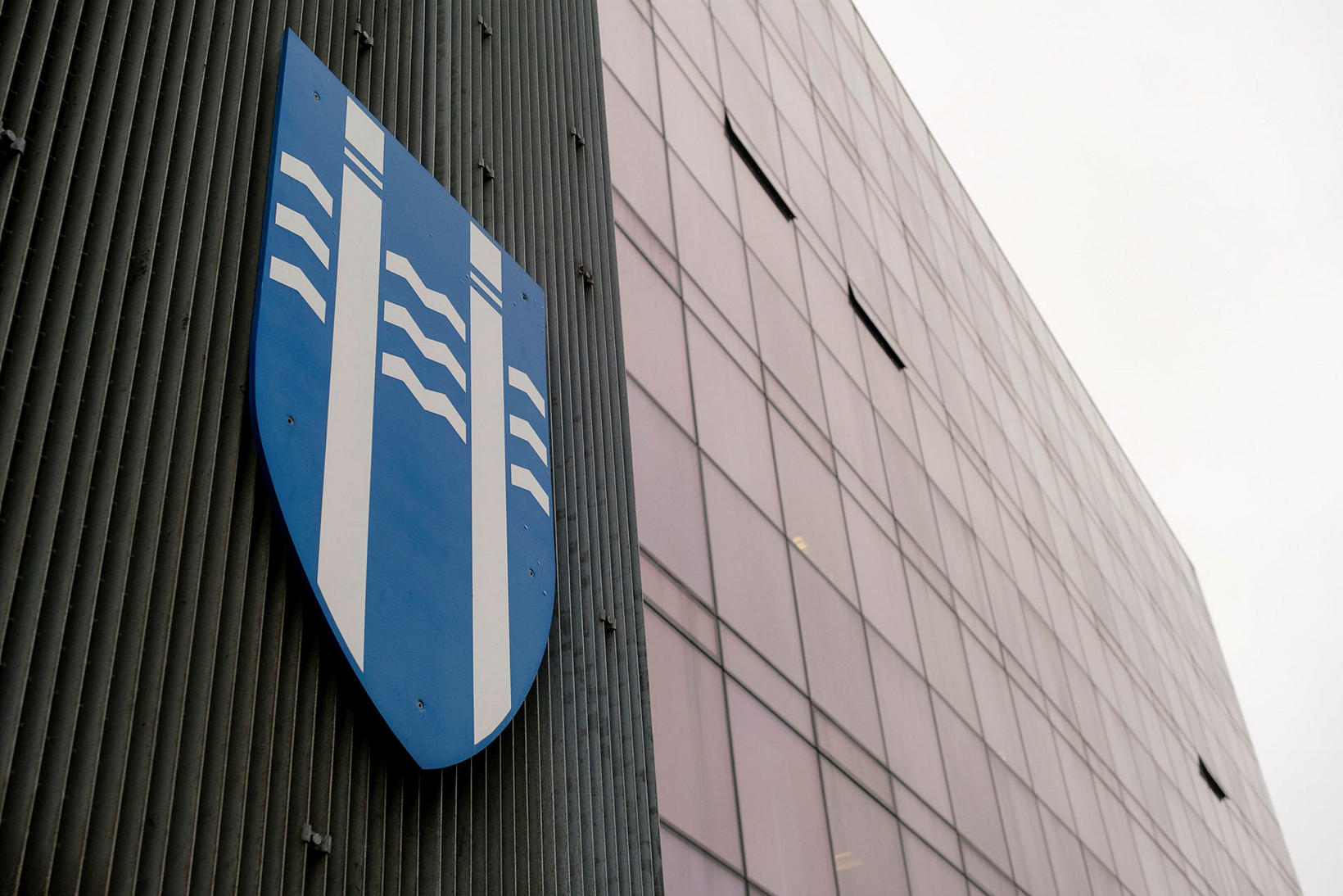Cabinet helps municipalities and youth care, but a financial gap remains
:format(webp)/s3/static.nrc.nl/images/gn4/stripped/data127346563-499bce.jpg)
The cabinet is allocating extra money for municipalities and youth care, but not nearly as much as the municipalities and the Van Ark committee had advised for youth care. This is evident from the Spring Memorandum, which was published by the Ministry of Finance on Friday.
From next year, municipalities will receive more than 400 million euros extra money for dampening what the ‘canyon year’ has been called, a discount on the municipal fund from 2026. That is only a small compensation, because from next year, municipalities will receive 2.3 billion euros less from the government.
So the municipalities get a little extra air for the Spring Memorandum, but still fear financially to maintain facilities. The Association for Dutch Municipalities (VNG) said earlier this week after conversations with the cabinet it was ‘careful’ about the expectations around the Spring Memorandum.
Read also
Commission Van Ark: ‘Billions of awarding on youth care is undesirable and unfeasible’
Youth care
A major problem for municipalities are the high costs for Youth Care, which Rijk and Municipalities have been in CLINCH for some time. A committee led by former VVD minister Tamara van Ark advised the government to postpone cutbacks in January and distribute the financial deficits at municipalities for youth care over the past two years-together about 1.5 billion-to be honestly.
The cabinet does not do the latter in the Spring Memorandum, but the government will contribute to the shortages in youth care in the coming years. The extra resources for the municipalities will rise to 3 billion euros in 2027.
Although youth care will get a little more money in the coming years, the cabinet will continue to save on youth care in the long term. From 2028, cuts of half a billion euros have been booked again. The government hopes that this will succeed by implementing the reform agenda used, and the government also wants to introduce a personal contribution, a controversial plan that was previously die.
Inflation
The spring memorandum published on Friday also shows where the cabinet wants to cut further. There will be a ‘price adjustment’ for the growth of editions of ministries, which means that the budget of the ministries does not reassemble with inflation in the coming years. The cabinet also intervenes in social security. For example, the duration of the unemployment benefit (WW) will be shortened from 2027 to a year and a half, a measure that had already been pre -sorted in the outline agreement.
Furthermore, the cabinet is opting for a cutback on the child -related budget, which seems to be covered by scrapping the cutbacks on childcare allowance. According to the cabinet, the child -related budget is « reduced faster for higher incomes », although the measure already applies to incomes from 60,000 euros. The cutbacks on the child -related budget is striking, because from 2025 the child -related budget was still structurally increased by 300 million.
Although youth care gets a little more money, the cabinet continues to save on it
There are also many measures in the Spring Memorandum that have already been brought out by the coalition parties themselves in recent days. For example, as of 2030, the defense fencing will rise structurally by 1.1 billion euros per year, the housing allowance is increased and the VAT increase on culture, media and sport is deleted.
The energy tax is also reduced and there is an extra budget to the Lower Saxony Line, an intended rail connection in the Northeast Netherlands. These investments are partly paid from the climate fund and a pot of money that was intended for another future railway line, the Lelylijn.
‘Unpredictability’
In the preface of the Spring Memorandum, Minister of Finance Eelco Heinen (VVD) emphasizes that the government maintains the budget rules, also with a view to international developments. The continuous war in Ukraine and the international trade war « lead to unpredictability and risks for the Dutch economy and public finances. »
The Netherlands is also struggling with ‘stubborn high inflation’, according to Heinen. The minister therefore thinks it is important to remain economical, so that « bills are not passed on », the Netherlands keeps « financial buffers » and it is prevented that taxes should rise in the future.
Read also
In all municipalities, there is a lack of money ‘a car accident in Slow Motion’

:format(webp)/s3/static.nrc.nl/images/gn4/stripped/data128192654-a96fd3.jpg)
:format(webp)/s3/static.nrc.nl/wp-content/uploads/2025/01/11191751/web-1101BIN_XR.jpg)
/s3/static.nrc.nl/wp-content/uploads/2025/05/30135836/web-3105BINharibo.jpg)
/s3/static.nrc.nl/images/gn4/stripped/data133009876-df9037.jpg|https://images.nrc.nl/vZtZ_bwr09ToJTsc27yhmd_QbMc=/1920x/filters:no_upscale()/s3/static.nrc.nl/images/gn4/stripped/data133009876-df9037.jpg|https://images.nrc.nl/gNCwPlMQKOMyKKvpbALqZ-l0rLE=/5760x/filters:no_upscale()/s3/static.nrc.nl/images/gn4/stripped/data133009876-df9037.jpg)




